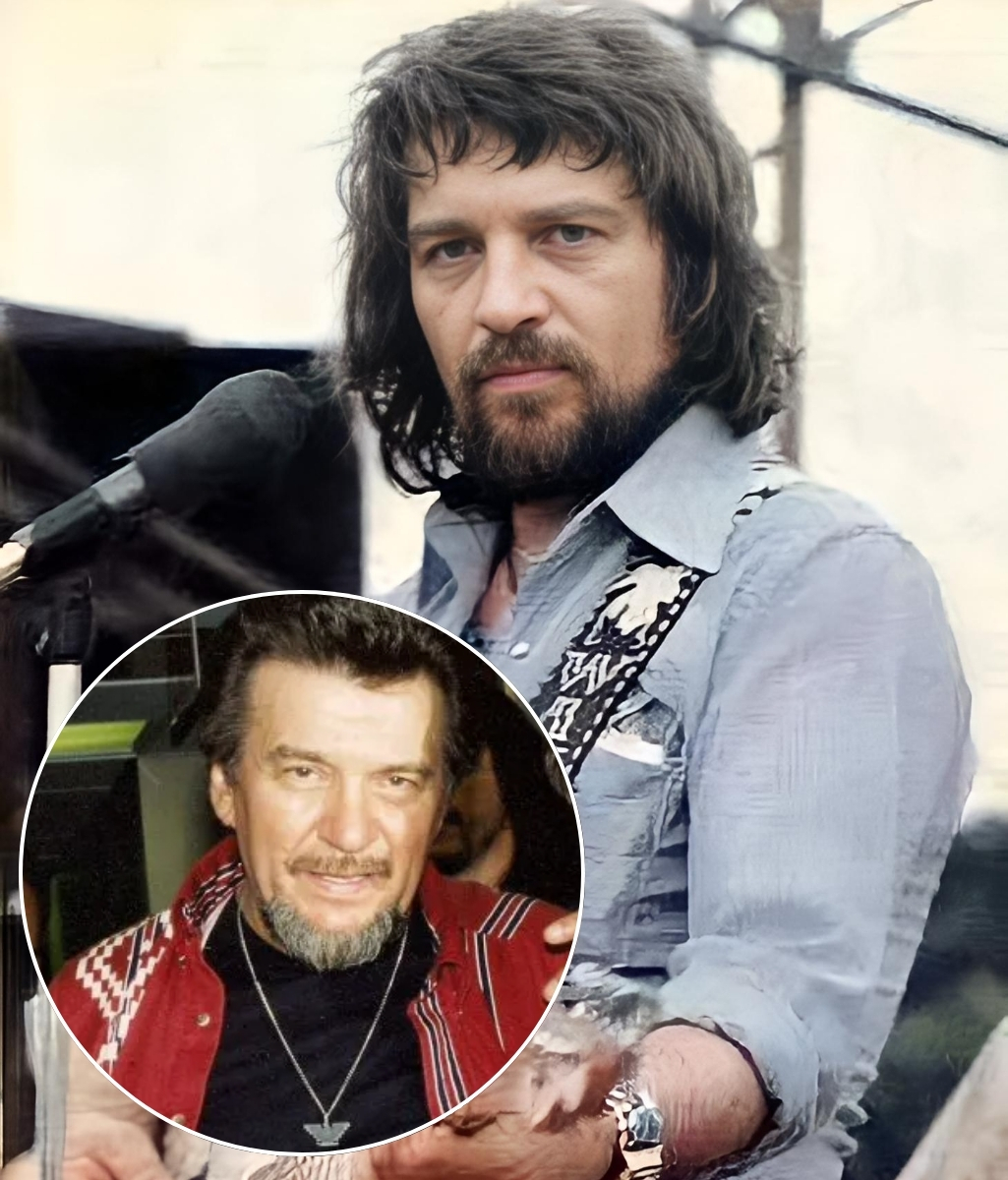
There are certain songs that aren’t just recordings; they’re manifestos. They capture a moment, define a movement, and ask questions that resonate far beyond their initial release. Waylon Jennings‘ “Are You Sure Hank Done It This Way,” released in 1975 on his seminal album Dreaming My Dreams, is precisely one such anthem. More than just a hit, it became a cornerstone of the Outlaw Country movement, a gritty, rebellious cry against the polished sheen of Nashville’s mainstream, and a timeless rumination on artistic integrity and authenticity.
For those of us who came of age during country music’s rich and varied eras, this song immediately evokes the spirit of the 70s—a time when Nashville was grappling with its identity. The “Nashville Sound,” with its orchestral arrangements and crossover appeal, had brought country music to a wider audience, but it had also, in the eyes of many traditionalists and new rebels, sanded down some of its rougher edges. Jennings, along with artists like Willie Nelson, Kris Kristofferson, and Johnny Cash, felt this keenly. They yearned for a return to the raw, unvarnished honesty that had defined earlier legends, chief among them the iconic Hank Williams.
The brilliance of “Are You Sure Hank Done It This Way” lies in its deceptively simple, yet profoundly impactful, central question. It’s a rhetorical query, certainly, but one loaded with a deep respect for the past and a challenge to the present. Jennings isn’t just asking if Hank Williams would have recorded with string sections or worn a certain kind of suit; he’s asking if the spirit of the music, its truthfulness, and its connection to the working person’s experience, remained intact. It’s a call for authenticity, a reminder that the essence of great country music lies not in its production values, but in its soul. The lyrics are sparse but potent, painting vivid pictures of the grueling life on the road and the industry’s often-unseen demands, all while constantly circling back to that central, probing question about artistic lineage.
Musically, the song is pure Outlaw Country—lean, propulsive, and unapologetically direct. The driving rhythm section, Jennings’s signature growl, and the almost conversational delivery all contribute to its powerful, no-nonsense appeal. There’s an undeniable swagger to it, a confident defiance that perfectly encapsulates the movement’s ethos. It’s not flashy, but it’s incredibly effective, proving that sometimes, less truly is more. This stripped-down approach was a deliberate counterpoint to the more elaborate productions prevalent at the time, emphasizing the song and the singer above all else.
Beyond its immediate impact as an Outlaw anthem, “Are You Sure Hank Done It This Way” continues to resonate because it speaks to a universal artistic dilemma: how to innovate while honoring tradition. Every genre, every creative field, faces this tension. Jennings wasn’t advocating for stagnation; rather, he was advocating for integrity. He wanted to ensure that as country music evolved, it never lost touch with the bedrock values that made it great in the first place. It’s a timeless reminder that true artistry isn’t about chasing trends, but about finding your own voice while remaining true to the spirit of those who paved the way. For those of us who appreciate the deeper currents of musical history, Waylon Jennings‘ iconic track remains a powerful, thought-provoking listen, inviting us to ponder not just how music is made, but why.
